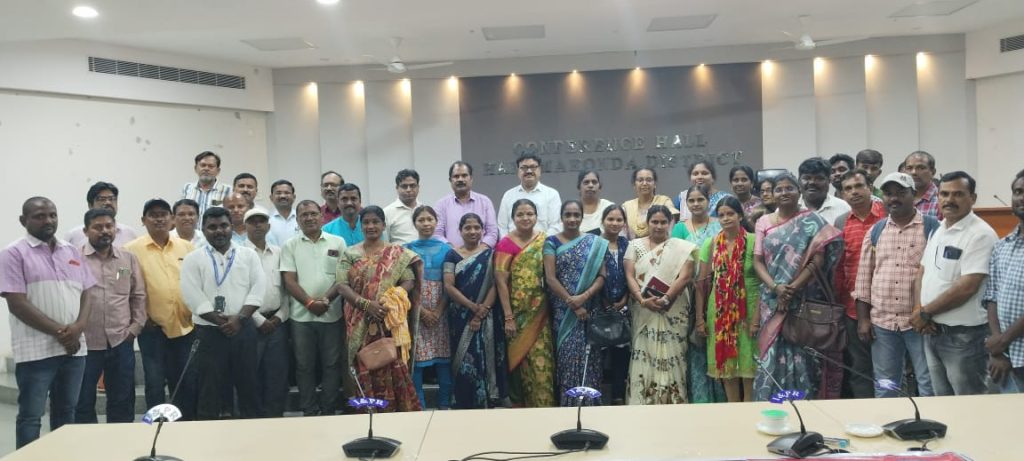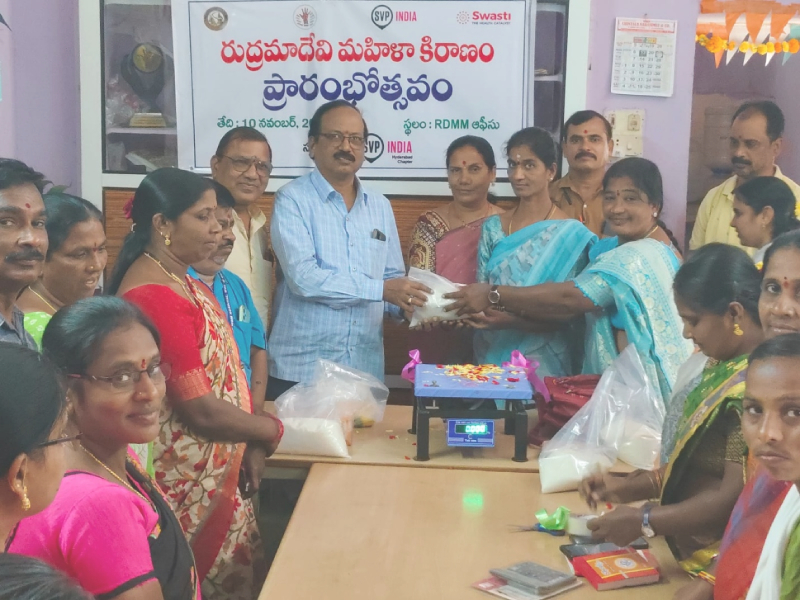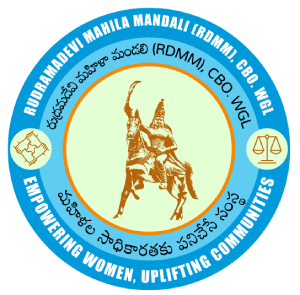The idea of RDMM was conceived in 2003 when a group of nearly 1000 female sex workers (FSWs) from 7 mandals of Warangal collectivized, determined to address the stigma and the subsequent violence faced by the community members. There is widespread stigma associated with sex work in India, resulting in FSWs experiencing varied forms of abuse and violence including police abuse, harassment, extortion, abuse from clients and agents, intimate partners, public authorities and local residents. Violence is a significant factor, increasing the vulnerability of the FSWs to sexually transmitted infections (STIs) and HIV. The stigma and abuse, experienced from the society and the system on an everyday basis, denies FSWs of their basic rights and makes it difficult for them to access good health care, further increasing their vulnerability to STIs.

We came together to assert our right to live with dignity, in an environment free from stigma and violence. The collective was formally registered, a year later in 2004, as a community-based organization under the Andhra Pradesh Societies Act 35 of 2001. During the initial years, we consistently advocated for the rights of our community members at various district and state forums. We conducted numerous workshops and organized rallies to generate awareness and sensitize the key stakeholders – district authorities, municipal corporations, govt. departments, political parties, police, media, other NGOs, public, etc., concerning the issues faced by the FSW community. Over the years, in addition to advocacy and crisis resolution, we expanded our scope of work to address the diverse needs of our FSW community – health, legal aid, social protection and livelihood.

Over the past two decades, our persistent efforts have succeeded in empowering our community members by building their capacities to collectivize and advocate for their varied health and socio-economic rights, through a comprehensive and integrated approach of establishing linkages with relevant government and non-government stakeholders.
Currently, 2400+ female sex workers are registered with RDMM.
At present, RDMM is being mentored and provided with technical assistance by Meeting Targets and Maintaining Epidemic Control (EpiC) project of Family Health International 360 (FHI 360) through LEPRA Society on organizational development and on sustaining services to PLHIV community.
